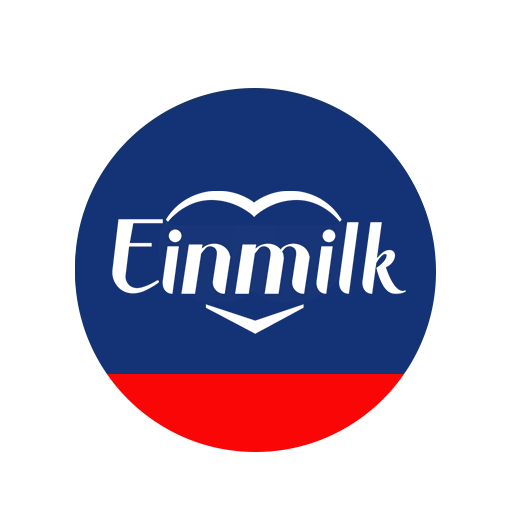Parents in Singapore are provided with a checklist of vaccinations for their child. At birth, newborns receive their first few shots to protect them.
Vaccines are made from the same viruses that cause disease. However, the viruses are in an altered state which encourage the immune system to produce antibodies to the particular disease while not causing the actual illness.
With the creation of these antibodies, the body can fight back if they ever come into contact with the disease in future. This, combined with exclusive breastfeeding for at least the first six months, helps to boost your baby’s immune system.
Vaccination in Singapore – are they compulsory?
In Singapore, parents need to note that the Diphtheria and measles vaccinations are compulsory by law.
Immunisation records are tracked by the National Immunisation Registry and are required for submission when children enter childcare, preschool and primary school. The Registry also monitors and ensures that every child gets vaccinated at the appropriate timing. If your child receives vaccinations at the polyclinic, the records will be automatically updated. If taken elsewhere, the records have to be updated by the paediatrician.
The compulsory vaccinations listed in the National Childhood Immunisation Programme are fully subsidised for Singapore Citizens if taken at a polyclinic.
Vaccinations – are they completely free, or do we have to pay for some of them?
At the polyclinic, if there are any developmental check-ups required on the day of the vaccination, it will also be fully subsidised. Parents usually just pay under a dollar for the paracetamol, which can be fed should a fever develop after the injections.
If you choose to vaccinate your child at the paediatrician or General Practitioner (GP), it will not be fully subsidised.
Many paediatricians offer a package deal for vaccinations and developmental checkups if your baby is not eligible for the subsidies under the National Childhood Immunisation Programme. The package is usually Medisave-deductible.
Among the fully subsidised vaccinations, there is a 5-in-1 injection that combines vaccines against Diptheria, Pertussis, Tetanus (DPT), Polio and Haemophilus Influenza type B (Hib) into 1 injection. The Hepatitis B vaccine is administered as a separate injection and provides lifelong immunity, whereas other vaccines may require a booster shot later in life.
There is a 6-in-1 injection that includes Hepatitis B but is not subsidised for citizens. However, this can be considered to spare your baby from an additional jab.
| Recommended vaccinations that are
fully-subsidised (for Singapore citizens) |
Recommended vaccinations that are
non-subsidised |
| Tuberculosis* | Pneumococcal |
| Diphtheria, Tetanus, Pertussis,
Haemophilus Influenzae Type b, Poliomyelitis |
|
| Measles, Mumps and Rubella (MMR) | |
| Hepatitis B |
|
Source:https://www.nhgp.com.sg/Our_Services/General_Medical_Services/Child_Health_Services/
In the list, only the Pneumococcal vaccine is recommended yet it is non-subsidised. There are a total of three injections and each costs $150 if they are taken at a polyclinic.
The pneumoccocal disease is a bacterial infection that often starts with a high fever and can lead to life threatening illnesses such as pneumonia and meningitis. It is the leading cause of infectious disease amongst children worldwide.
Although it is non-subsidised, it can be paid through Medisave or via the child’s Child Development Account(CDA), reducing the strain on your wallet. Children who are Singapore citizens receive $3,000 – $4,000 in Medisave grants from the government to defray their healthcare expenses.

Certain vaccinations, such as the MMR (Measles, Mumps and Rubella) vaccine may cause fever in children.
Common side-effects after immunisation
Vaccines are generally safe to take, and severe reactions are extremely rare.
Some babies may develop a sore armour feel lethargic after the vaccines. It is common for babies to develop a fever about a week after the Measles, Mumps and Rubella (MMR) vaccination.
After vaccination, the baby’s diet should remain the same. Some babies may adjust their milk intake, so parents will need to ensure that a balanced diet is offered either through breast milk, formula milk and/or solids. Breastfeeding mums may notice that their babies may wish to nurse more frequently or prefer comfort latching after the injections.
Knowing that there is free immunisation for our children is good news for parents. Besides the benefits of protecting them against potentially life-threatening diseases, every cent of saving counts when it comes to raising children.

